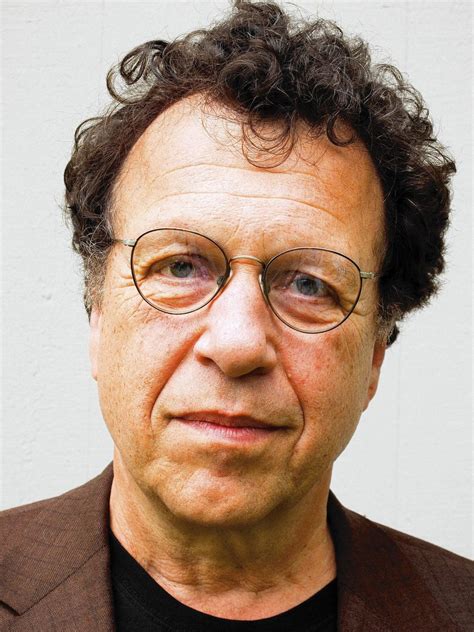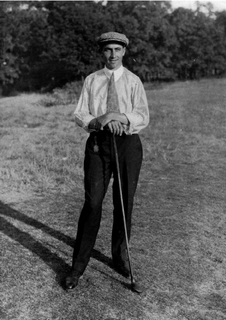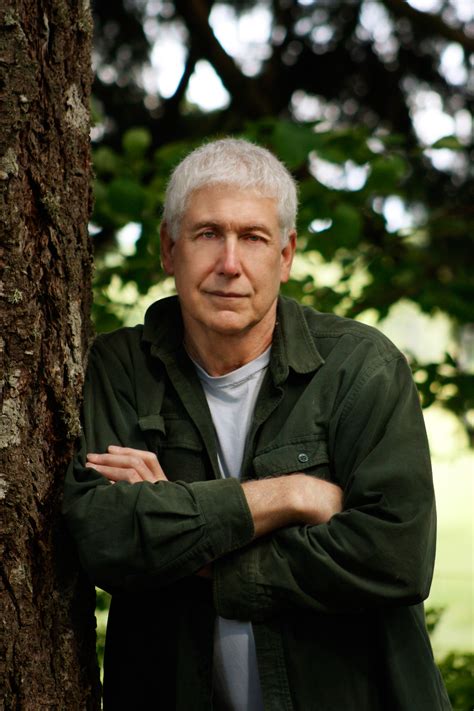A Quote by Stanley A. McChrystal
I knew from history that war comes with frightening regularity, often fought over the same ground and similar causes as previous conflicts.
Related Quotes
This new war, like the previous one, would be a test of the power of machines against people and places; whatever its causes and justifications, it would make the world worse. This was true of that new war, and it has been true of every new war since... I knew too that this new war was not even new but was only the old one come again. And what caused it? It was caused, I thought, by people failing to love one another, failing to love their enemies.
When you think of all the conflicts we have - whether those conflicts are local, whether they are regional or global - these conflicts are often over the management, the distribution of resources. If these resources are very valuable, if these resources are scarce, if these resources are degraded, there is going to be competition.
The psyche is the inward experience of the human body, which is essentially the same in all human beings, with the same organs, the same instincts, the same impulses, the same conflicts, the same fears. Out of this common ground have come what Jung has called the archetypes, which are the common ideas of myths.
The more a man is imbued with the ordered regularity of all events the firmer becomes his conviction that there is no room left by the side of this ordered regularity for causes of a different nature. For him neither the rule of human nor the rule of divine will exist as an independent cause of natural events.
No one writes better historical fiction than Steven Pressfield. The Afghan War that was waged by Alexander the Great 2000 years ago is eerily similar to the one that's being fought today. This book should be required reading for anyone who wants to better understand what American and Coalition forces are up against in one of history's most tribal and troubled regions.
The Thirty Years' War, 1618-1648, was a series of conflicts that became the last great struggle of religious wars in Europe. It was fought almost exclusively on German soil...but before the war ended, it involved most of the nations of Europe. The underlying cause of the war was the deep-seated hostility between the German Protestants and German Catholics - with the Jesuits and Cardinal Richelieu, who was the real ruler of France, fanning the fires to accomplish their ends.




































